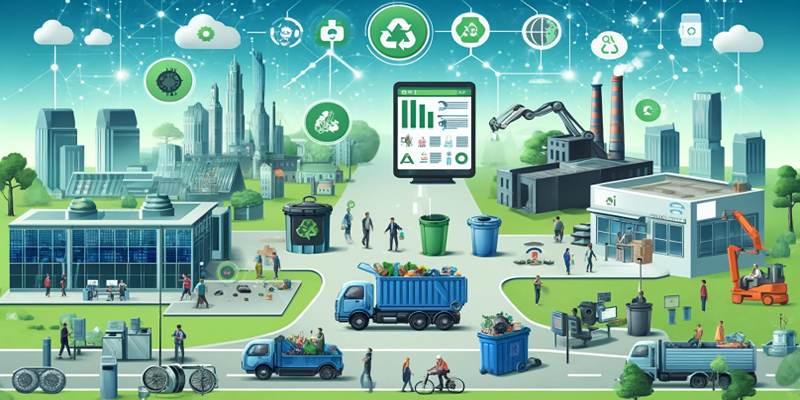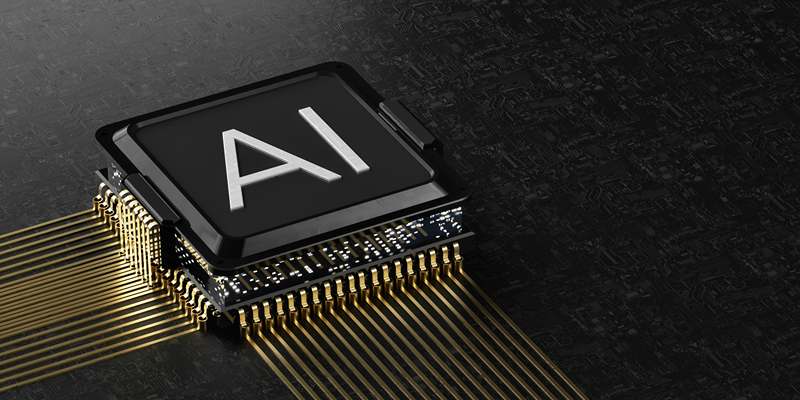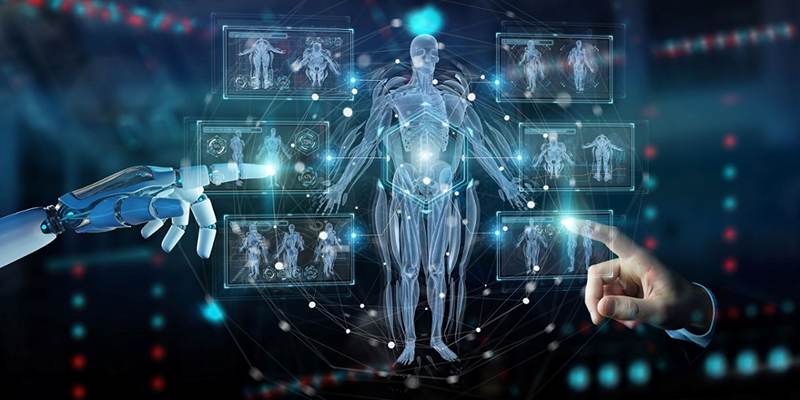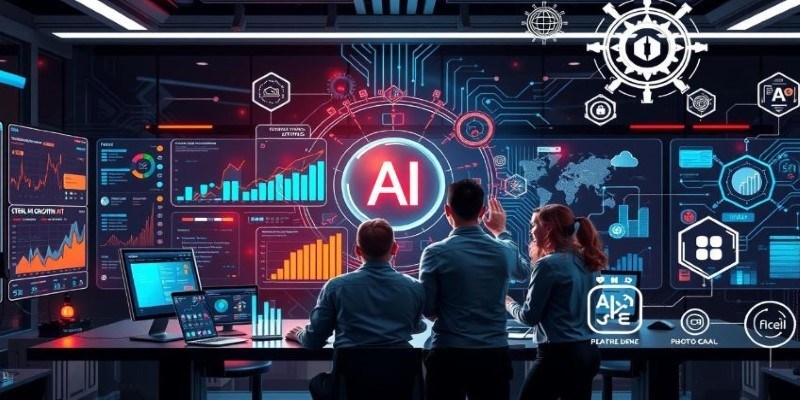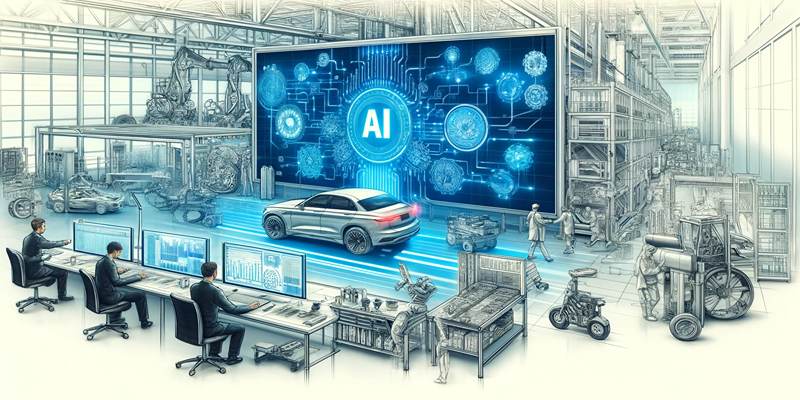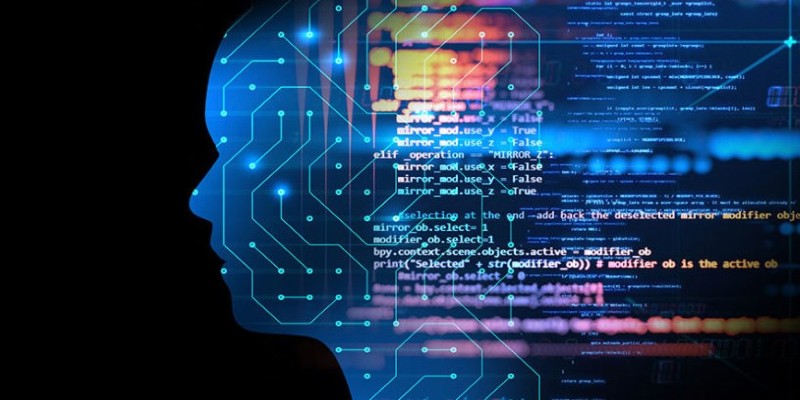New technologies have brought about a lot of changes in the healthcare business. One of the most important changes is the use of artificial intelligence (AI). AI is giving hospital managers new ideas for how to better care for patients and run their businesses more smoothly.
AI is changing how healthcare facilities work and provide services by doing things like making administrative jobs easier and personalized medical care. This post will talk about how AI is helping hospital management, specifically how it helps hospitals run more smoothly, provide better care to patients, and make healthcare systems more efficient as a whole.
How AI is Optimizing Hospital Operations
Managing a hospital is hard because things move quickly and are complicated, so maintaining function is very important. AI is a key part of handling boring office work, making operations run more smoothly, and making the best use of resources.
Automating Administrative Tasks
Hospital staff spends a significant amount of time on administrative duties like scheduling, data entry, and patient management. AI tools help automate these repetitive tasks, which allows healthcare professionals to focus more on patient care.
- Scheduling: AI-driven systems can optimize staff schedules based on patient volume, staff availability, and historical data. It ensures that hospitals remain adequately staffed during peak hours without overstaffing during quieter times.
- Data Entry and Record Management: AI tools can also automate the process of entering patient information, reducing human errors and improving the accuracy of medical records.
- Billing and Coding: AI systems can automate the coding of diagnoses and procedures for insurance claims, ensuring that hospitals maintain compliance while speeding up the billing process.
Predictive Analytics for Resource Management
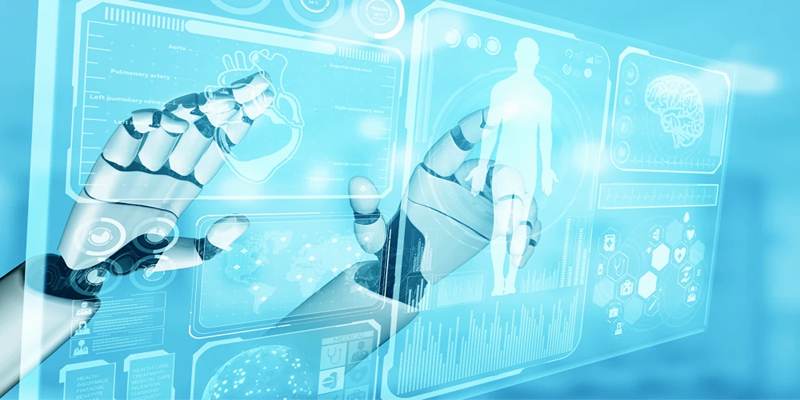
Hospitals need to manage resources effectively, whether it’s equipment, staff, or medications. AI systems can predict the demand for various resources by analyzing historical data and patient trends.
- Staffing: AI can predict which departments will be the busiest at any given time, allowing hospitals to adjust staffing accordingly.
- Equipment Allocation: AI can track equipment usage and predict when certain tools or machines are most likely to be needed, helping to avoid shortages and ensuring high-value resources are always available.
Improving Patient Care Through AI
AI's capabilities extend beyond operations and can significantly impact patient care. By analyzing large volumes of medical data, AI tools can assist healthcare professionals in diagnosing conditions more accurately and developing personalized treatment plans.
Personalized Treatment Plans
AI enables doctors to create personalized treatment plans by analyzing a patient’s medical history, genetic data, lifestyle, and other relevant factors. This data-driven approach ensures that treatments are tailored to individual needs, improving the chances of success and reducing the likelihood of adverse reactions.
- Genetic Data Analysis: AI systems can analyze genetic data to identify predispositions to certain diseases, allowing doctors to recommend preventative measures or customized treatment options.
- Data Integration: AI can integrate data from various sources, such as medical records, diagnostic tests, and wearable devices, providing doctors with a holistic view of the patient’s health.
Early Detection and Diagnosis
Early diagnosis is key to improving patient outcomes, and AI plays a crucial role in detecting diseases at an early stage. AI-powered tools analyze medical images, lab results, and patient data to identify patterns that human doctors might miss.
- Medical Imaging: AI has demonstrated a high level of accuracy in analyzing medical images like X-rays, MRIs, and CT scans, helping doctors identify conditions such as tumors, fractures, and internal bleeding earlier.
- Predictive Algorithms: By using predictive algorithms, AI can foresee potential health risks, such as heart attacks or strokes, based on a patient’s medical history and lifestyle factors, allowing for timely intervention.
Enhanced Monitoring and Remote Care
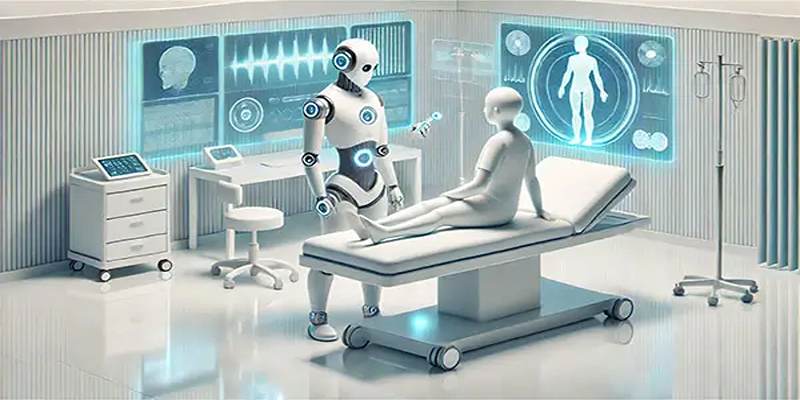
AI-powered tools can monitor patients remotely, particularly those with chronic conditions, enabling healthcare providers to track a patient's health status in real time. These tools can also alert healthcare professionals to changes in a patient’s condition, allowing for proactive care.
- Wearable Devices: AI-powered wearable devices continuously monitor vitals like heart rate, blood pressure, and blood glucose levels, providing both patients and doctors with real-time insights into the patient’s health.
- Telemedicine: AI enables telemedicine solutions, where doctors can consult with patients remotely, providing convenience and access to healthcare, especially in rural areas or for patients with limited mobility.
Enhancing Patient Experience Through AI
In addition to improving hospital operations and patient care, AI also enhances the overall patient experience. By streamlining communication, reducing wait times, and personalizing interactions, AI is helping hospitals provide a more positive experience for patients.
Improved Communication
Communication is vital to providing quality care, and AI is improving the way hospitals communicate with patients and staff.
- Virtual Assistants: AI-powered chatbots and virtual assistants can handle patient inquiries, schedule appointments, and provide important information, reducing the workload on administrative staff.
- Patient Portals: AI enhances patient portals by providing real-time access to medical records, lab results, and appointment schedules, empowering patients to manage their healthcare.
Reducing Wait Times
Long wait times are one of the most common complaints among hospital patients. AI can help reduce these wait times by improving the flow of patients through the hospital.
- Smart Queue Management: AI systems can analyze patient data and predict wait times, helping to optimize patient flow and reduce bottlenecks in the system.
- Real-Time Tracking: AI can track patients’ progress through various stages of care, providing staff with real-time updates on the patient’s status and helping to ensure timely interventions.
Conclusion
AI is revolutionizing hospital management by optimizing operations and improving patient care. By automating administrative tasks, enhancing diagnostic accuracy, and providing personalized treatments, AI is enabling hospitals to operate more efficiently while delivering higher-quality care. However, to fully harness the potential of AI, hospitals must address challenges such as data security, staff training, and the initial costs of implementation.
